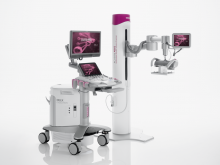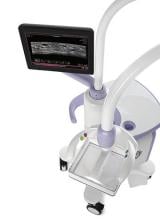October 5, 2017 — To provide lifesaving surgical care for sick children in one of the most underserved countries, 13 volunteers including 10 medical personnel from Cincinnati Children’s Hospital Medical Center recently completed their second annual mission to Tanzania. Toshiba Medical, a Canon Group company, donated its Viamo portable ultrasound system during the mission at Bugando Medical Centre in Mwanza, Tanzania, serving about 13 million people in the region.
© Copyright Wainscot Media. All Rights Reserved.
Subscribe Now







